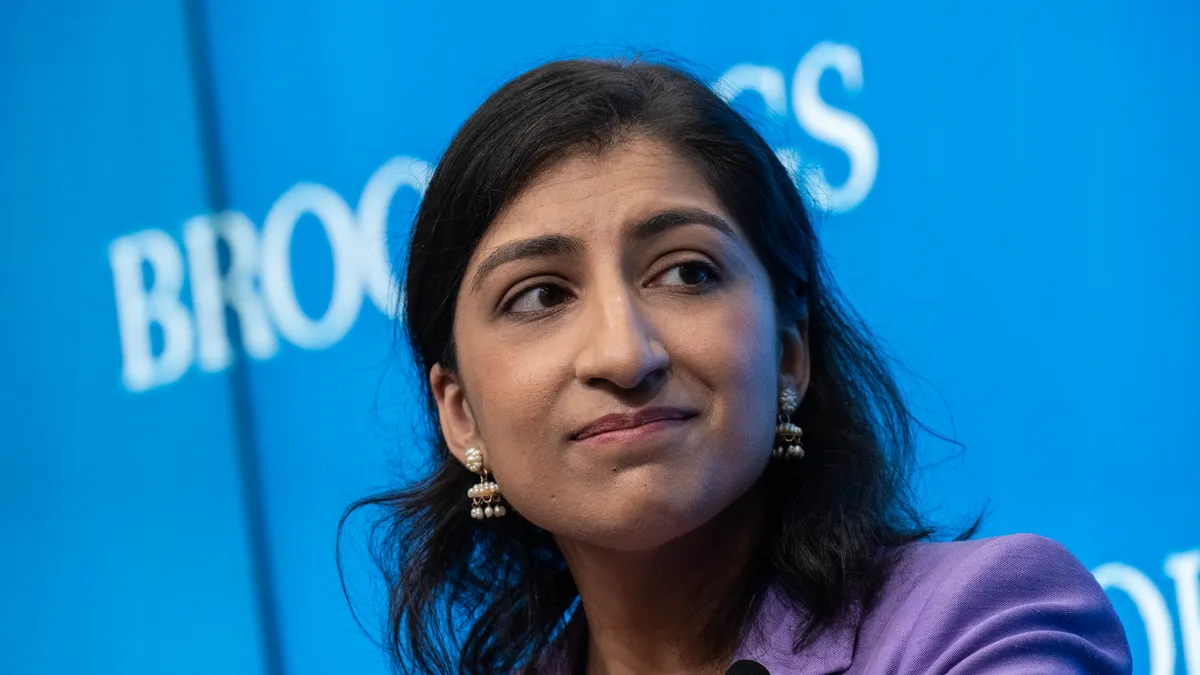The Federal Trade Commission’s antitrust lawsuit against Amazon isn’t likely to start until some time in 2026, if not later, according to a joint statement by the parties filed this week.
In estimating when it would be ready for trial, the FTC settled on May 2026, while the e-commerce giant pegged its readiness at December that year. In the filing, the government concedes that “This case presents complex legal and factual issues that require substantial discovery,” but also argues that “Amazon’s inefficient proposal would be more burdensome for government plaintiffs and the Court and could unnecessarily delay the progress of this case.”
In September, the Federal Trade Commission and attorneys general from 17 states filed suit against Amazon, alleging anticompetitive behavior. They described “a set of punitive and coercive tactics to unlawfully maintain its monopolies,” especially toward the marketplace sellers that are responsible for moving 60% of the merchandise sold on the site. Their claims also involve an algorithm known as Project Nessie that they say fixes prices to Amazon’s advantage, and often to the detriment of sellers and consumers.
In the joint statement this week, Amazon argued that the FTC’s timetable “is unrealistic given the amount of discovery that they claim that they need.” The company also said that the court is likely to face “substantial legal and factual issues.”
“If this case is not dismissed, as it should be, Amazon anticipates that there will be significant discovery from third-party witnesses located throughout the country, such as retail competitors of Amazon, competing fulfillment providers, and companies that sell their products in the Amazon store and in other competing retail channels,” the company said, per court documents.
If the FTC and state attorneys general “truly believe that this case must move quickly, as they contend, they must scale back their excessive discovery proposals,” which Amazon noted would be “the equivalent of 90 party depositions plus an additional 50 third-party depositions per side.”
In the court documents, Amazon also fought back on the premise of the suit, arguing that the FTC “uses novel legal theories to challenge common and procompetitive retail practices.”
“Amazon competes every minute of every day with thousands of online and brick-and-mortar retailers,” the e-commerce giant said. “To meet that competition, Amazon has relentlessly innovated, delivering previously unimagined benefits for consumers and pushing competitors to do likewise, all to make every penny of a consumer’s purchase count for more.”















